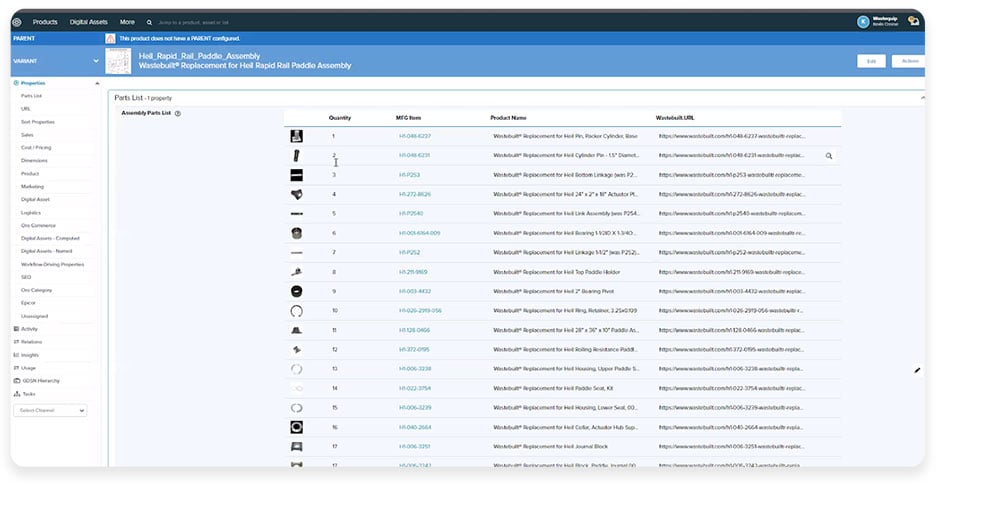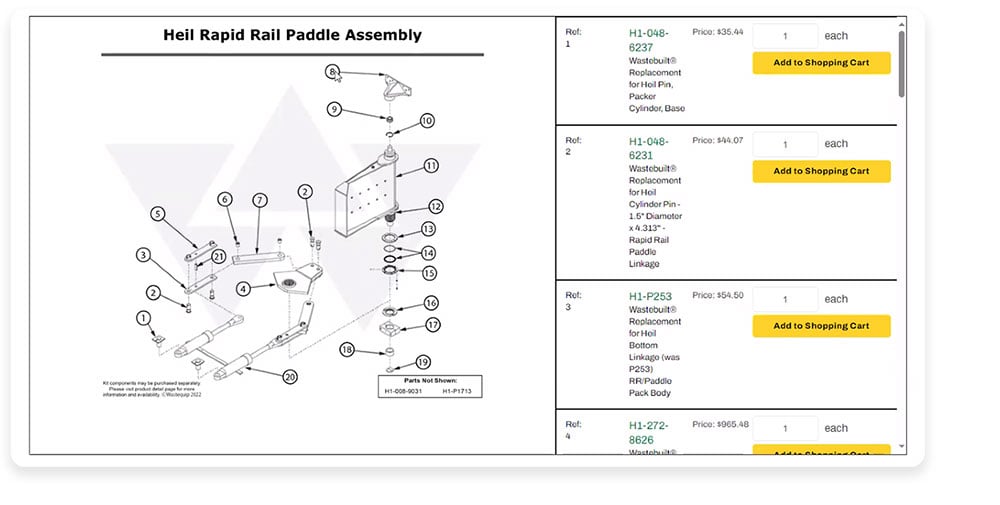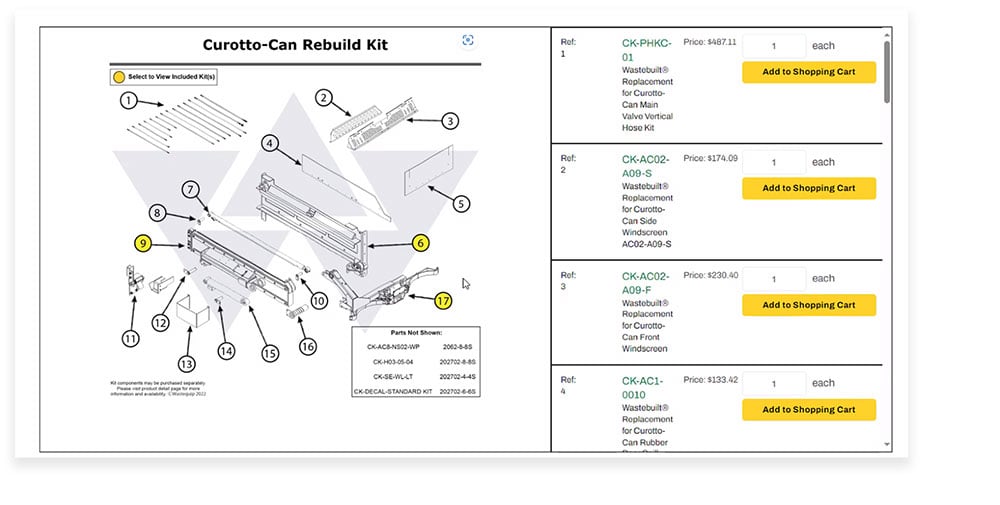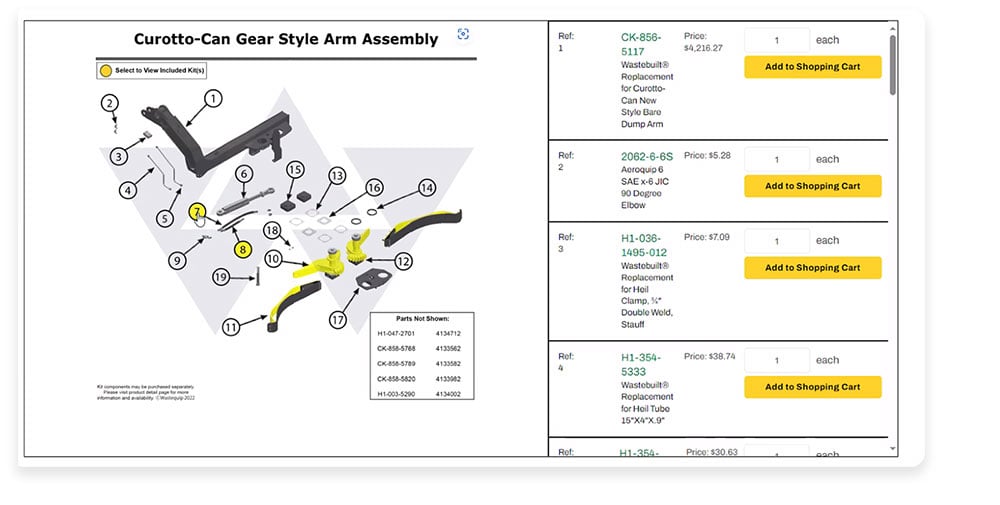PIM
Manage all product content in one central system of record.
Syndication
Easily syndicate product content to every consumer touch point.
Enhanced Content
Enrich product pages with below-the-fold content and rich media.
GDSN Data Pool
Synchronize standard supply chain, marketing, and ecommerce attributes globally.
Grocery Accelerator
Leverage the first-ever category-wide PXM accelerator in the grocery industry.
Digital Shelf Analytics
Continuously optimize your organization’s product content syndication.
Catalog Sites
Share secure, on-brand, and always up-to-date digital product catalogs.
Automation and AI
Automate business processes and enhance Salsify workflows with AI.
PXM Platform, Integrations, and APIs
Integrate the PXM platform with the rest of your enterprise systems architecture.
Supplier Onboarding
Accelerate supplier onboarding while ensuring your schema requirements are met.
Product Listing
Sell products faster with Product Listing.
Content Enrichment
Increase online conversions with Content Enrichment.
Automation
Save time and increase operational efficiency with retail automation.
SXM Platform, Integrations, and APIs
Integrate the SXM platform with the rest of your enterprise systems architecture.
Syndication Network
Automate how you exchange product content data to the digital shelf.
Enhanced Content Network
Turn product pages into product experiences with Enhanced Content.
Commerce Platform Integrations
Create winning product experiences everywhere shoppers are, including on owned sites.
GDSN Data Pool
Synchronize standard supply chain, marketing, and ecommerce attributes globally.
Open Catalog
Connect to the digital shelf faster with an open, standardized, and free product catalog.
Resources
Resource Library
Explore our ecommerce resources to get everything you need to win on the digital shelf.
Blog
Read our blog to get actionable insights for navigating changing markets and industry demands.
Webinars
Watch our on-demand ecommerce webinars to gain expert advice and tips from our community of industry leaders.
Knowledge Base
Investigate our knowledge base to build your Salsify skills and understanding.
Product Updates
Explore the latest news and updates for Salsify products.
API
Examine our comprehensive API and webhook guides to start working with Salsify quickly.

Download our report for emerging consumer trends with direct insights from shoppers that will help you thrive on the digital shelf.








.svg)